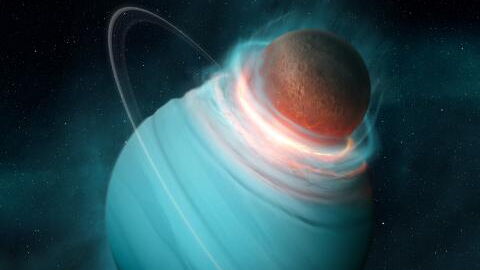Asteroids are large chunks of rock leftover from when the big bang gave birth to the solar system, every now and again one of them passes by pretty close to Earth. Currently asteroid '2002 PZ39' is hurtling towards Earth at speeds reaching more than 35,500mph and pass by close to Earth at 11:05 GMT on Saturday, February 15.
Discover our latest podcast
The asteroid is said to be nearly 3,280ft big that's almost a whole kilometre and is big enough that if it hit Earth it could do some catastrophic damage. Luckily the potentially hazardous object will not crash into our planet as it is expected to miss us by 0.03860 astronomical units or 3.58 million miles.
NASA claims that it was a 10km asteroid that wiped out the dinosaurs 65 million years ago and an asteroid of this size could “trigger earthquakes, tsunamis, and other secondary effects that extend far beyond the immediate impact area."
NASA discovered the asteroid as far back as 18 years ago as has tracked out its path predicting that it will pass by Venus on June 14, 2034, and will then pass Earth again on August 25 that same year.
Luckily for us, NASA keeps track of all space debris that is set to come within close distance to Earth and are even working on ways to learn more about the objects, in hopes to figure out how to potentially knock them off their trajectory if they were a threat to the planet. The OSIRIS-REx spacecraft is set to target the rocks and will return to Earth in 2023, hopefully with some valuable information.















